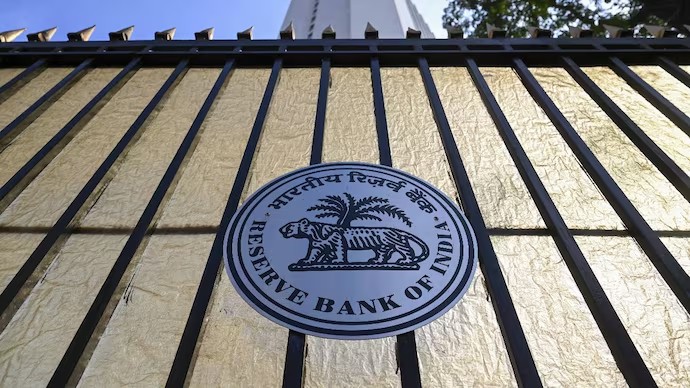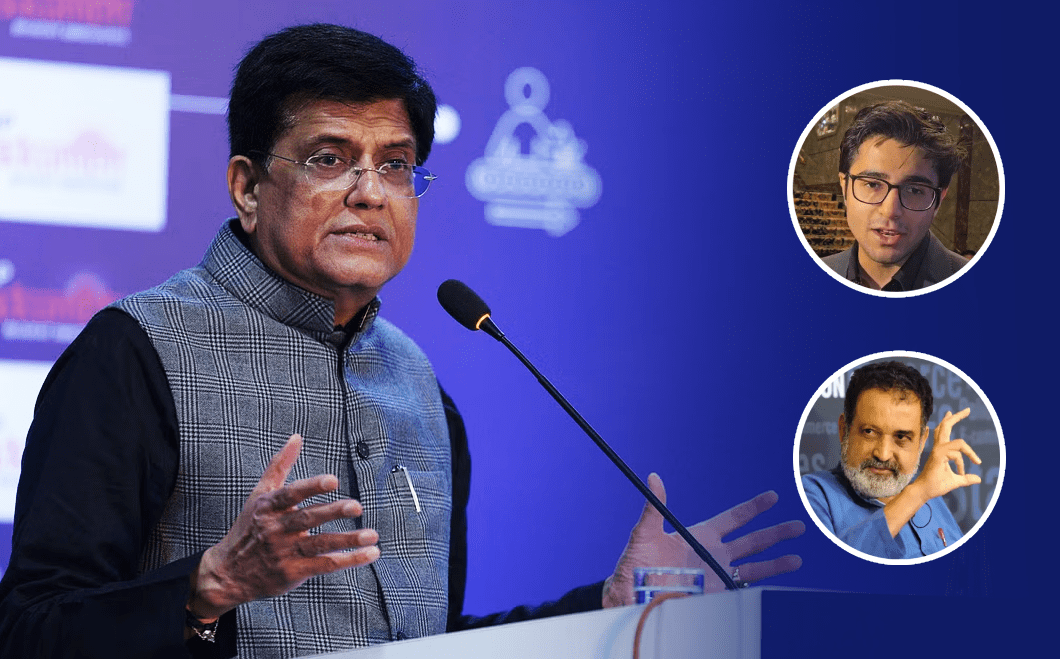The Indian government has announced a major investment of ₹8,800 crore to enhance its Skill India Programme, aiming to equip young people with industry-relevant skills and improve their employability. Union Minister Ashwini Vaishnaw made the announcement, highlighting Prime Minister Narendra Modi’s commitment to creating job opportunities for India’s youth. This investment will drive three key initiatives under the Skill India Programme: PM Kaushal Vikas Yojana 4.0 (PMKVY 4.0), PM National Apprenticeship Promotion Scheme (PM-NAPS), and Jan Shikshan Sansthan for Skill Development.
By focusing on job-oriented training, apprenticeships, and community-based skill programs, the initiative is set to strengthen India’s workforce and support economic growth.
PM Kaushal Vikas Yojana 4.0 (PMKVY 4.0): Industry-Focused Skill Training
A significant portion of the ₹8,800 crore funding will be allocated to PMKVY 4.0, the latest version of the Prime Minister’s skill development program. This initiative aims to bridge the gap between education and industry needs by offering training in high-demand sectors.
Key aspects of PMKVY 4.0:
- Short-Term Training Programs: Courses designed to equip individuals with skills that match industry requirements.
- Upskilling and Reskilling: Programs to help workers stay updated with new technology and market trends.
- Certifications: Ensuring that trainees receive industry-recognized certifications to improve job prospects.
This initiative will not only help fresh graduates enter the job market but also assist mid-career professionals in adapting to technological changes.
PM National Apprenticeship Promotion Scheme (PM-NAPS): Bridging Education and Employment
Another key initiative supported by the funding is PM-NAPS, which encourages companies to offer apprenticeships by providing financial incentives. The scheme is aligned with the Apprentices Act of 1961, ensuring that industries actively participate in skill-building.
Key features of PM-NAPS:
- Financial Support for Employers: Companies offering apprenticeships will receive government subsidies, making it more attractive for them to hire and train apprentices.
- Focus on Manufacturing and Services: The program covers a wide range of industries, including IT, healthcare, and traditional manufacturing sectors.
- Work-Based Learning: Apprenticeships allow individuals to gain hands-on experience while earning a stipend, helping them transition smoothly from education to employment.
This initiative not only boosts employment opportunities but also helps industries find skilled workers who are already trained for specific roles.
Jan Shikshan Sansthan: Community-Based Skill Development
For rural and marginalized communities, the Jan Shikshan Sansthan (JSS) program will play a crucial role in skill development. This initiative focuses on providing flexible, community-based training for self-employment and small businesses.
Key objectives of JSS:
- Empowering Rural Youth and Women: Special focus on training women and young individuals in rural areas, promoting financial independence.
- Encouraging Self-Employment: Courses that equip people with skills to start their own businesses or work as independent professionals.
- Localized Skill Development: Training programs tailored to local economic opportunities, such as agriculture, handicrafts, and small-scale industries.
By strengthening the JSS, the government aims to reduce urban migration by creating employment opportunities within local communities.
A Strong Push for Employment and Economic Growth
The ₹8,800 crore investment in skill development reflects the government’s long-term vision of creating a workforce that is future-ready. The program is expected to:
- Tackle Unemployment: By equipping young people with in-demand skills, the initiative will improve job placement rates across industries.
- Support Economic Growth: A skilled workforce enhances productivity and innovation, driving overall economic progress.
- Boost Entrepreneurship: By promoting self-employment, especially in rural areas, the initiative will encourage the growth of small businesses and startups.
Challenges and Future Considerations
While the Skill India Programme has seen success, certain challenges must be addressed to maximize its impact:
- Industry Collaboration: Stronger partnerships with private companies will be needed to ensure that training programs are aligned with real-world job demands.
- Quality Control: Ensuring that training centers provide high-quality education and industry-recognized certifications will be crucial.
- Awareness and Accessibility: Reaching rural and underprivileged communities will require effective awareness campaigns and accessible training facilities.










